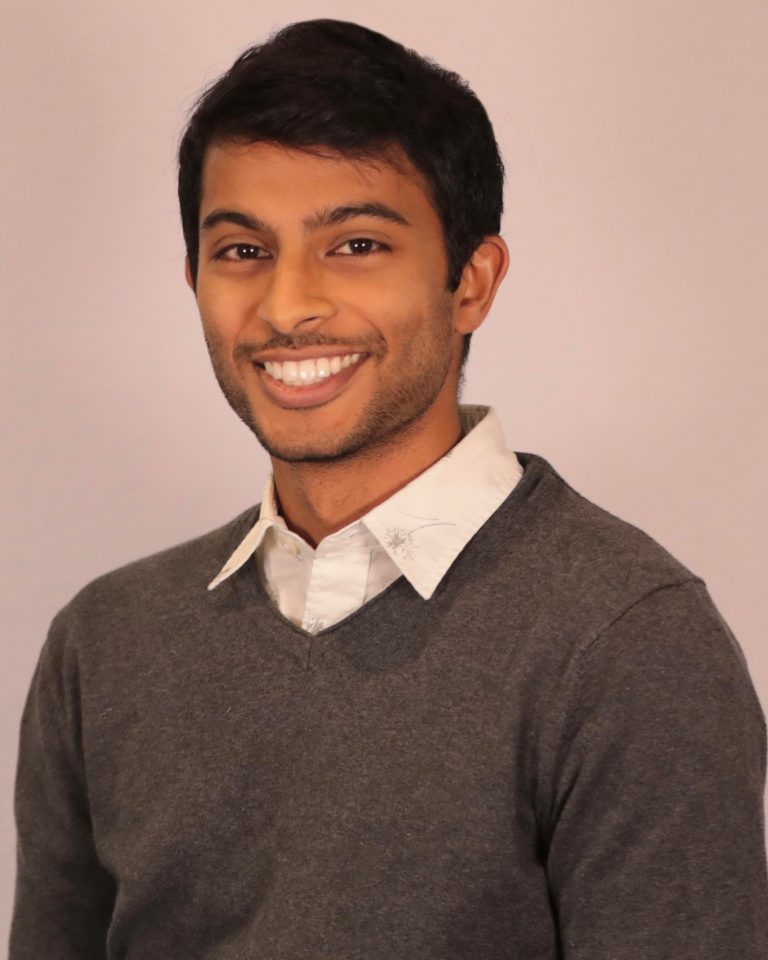What is the most valuable experience you gained from the BMLSc Program?
The most valuable experience I gained from the program was the fourth year PATH 405 class, where we learned to critique papers and make effective presentations and lectures. This class helped me improve my critical thinking and hone my public speaking and lecturing skills. What was learned in this class has, to this day, been useful in peer reviewing articles, conference presentations, and my teaching.
What did you enjoy most about the BMLSc Program?
What I enjoyed most about the program was the small class size for hands-on experience. All of the courses were interesting, especially Histology, Clinical Chemistry, and Toxicology. Learning how disease/injury manifests itself in the body was fascinating. Lastly, I enjoyed the friendships formed from the program. After we finished our program, we all travelled to Hawaii to celebrate as a group, which was a fun trip!
What is one piece of advice that you would give to BMLSc students and recent graduates?
To BMLSc students – take advantage of the Directed Studies program in 4th year, because you can make connections with faculty and other researchers, and maybe discover what you want to do, which may not necessarily be in medicine. To recent graduates – I hope you found the program useful and that it will help you further your career. Using what you learned to pursue graduate studies is always a great avenue to keep learning.
Name one thing on your bucket list.
To visit all continents (with the exception of Antarctica). I have Australia left! Also to view the Northern Lights.
